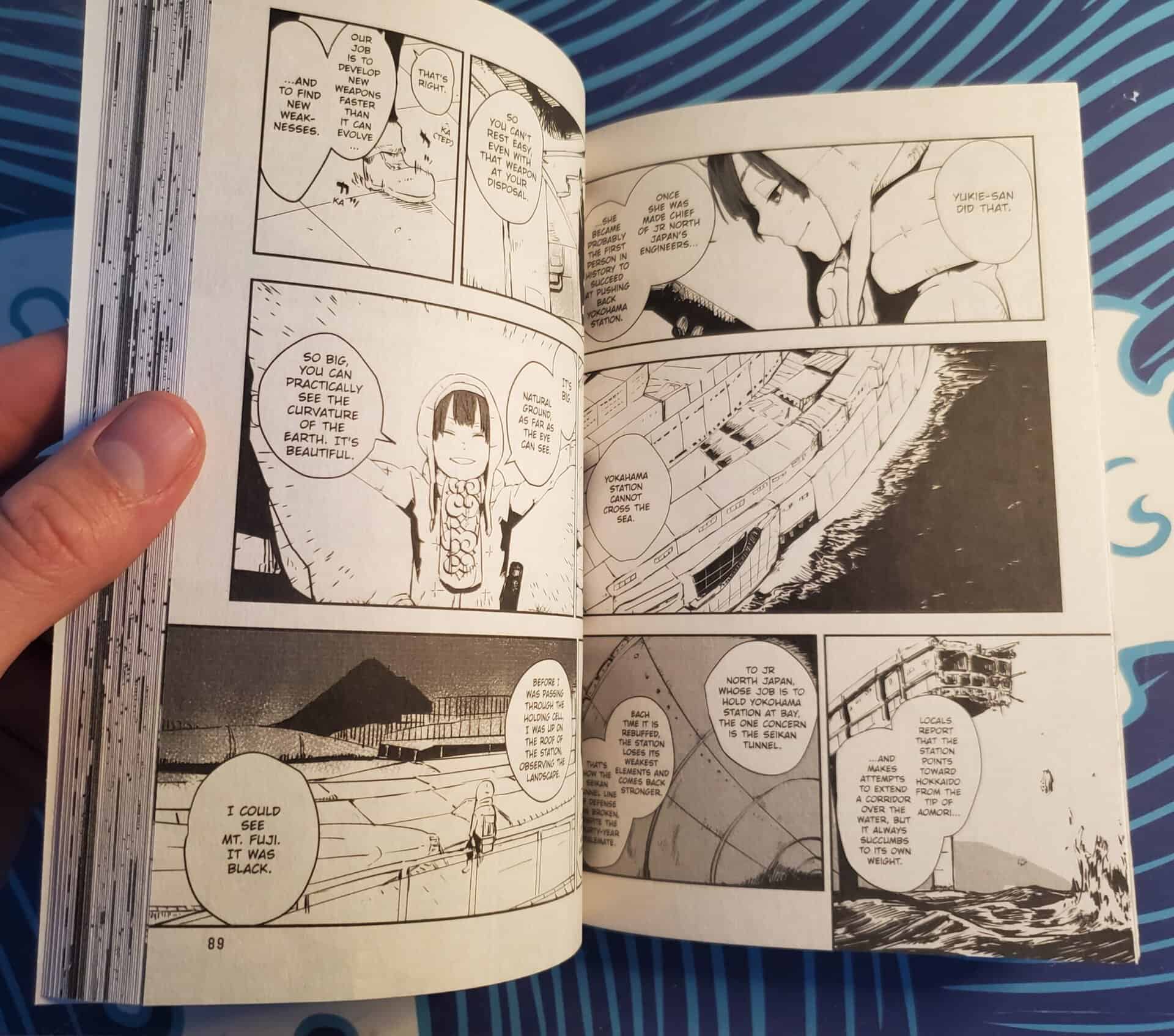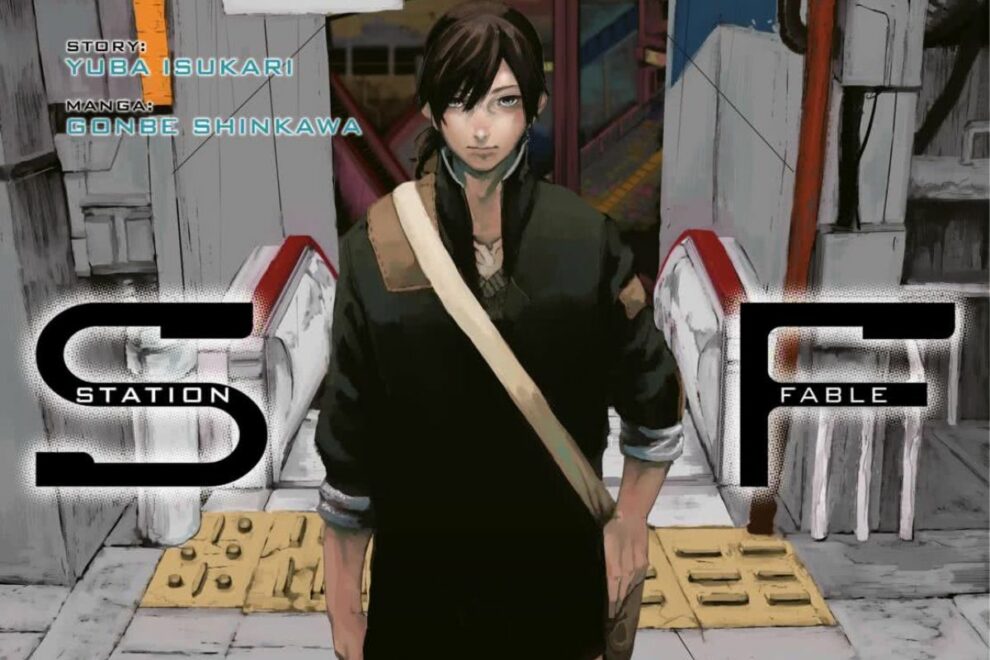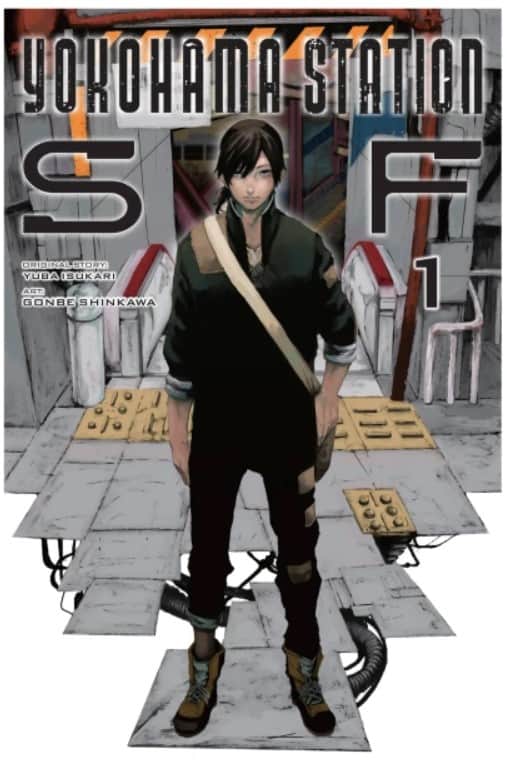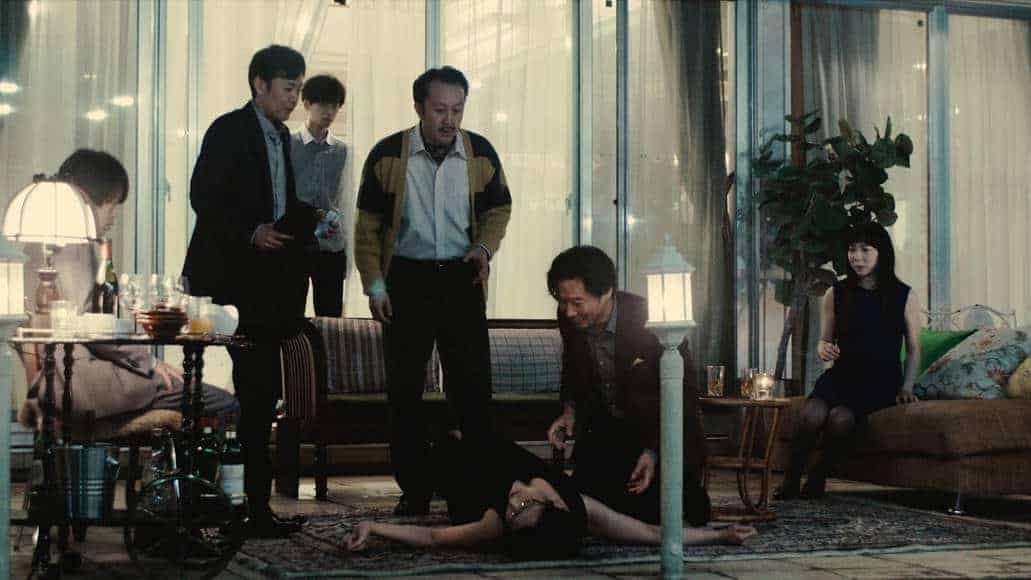“All Hiroto has ever known is a life on a tiny coastal speck of Japan. Much of the country has been swallowed by Yokohama Station, a mysterious, ever-growing series of buildings that's been around for as long as anyone can remember. The few who live outside its many entrances have never seen Inside and know only rumors and legends of the station's interior. That all changes when Hiroto is given an 18 Ticket, a mysterious item that lets him enter the massive complex for five days. The young man has always sought a purpose, but the one he finds may not be the sort he'd hoped for… ” (Yen Press)
Based on the novel of the same name from Yuba Isukari“Yokohama Station SF” places itself up against the monumental challenge of capturing the wonder of the ever-expanding dystopian world that Isukari created with pristine clarity. Brought on as a heavy advisor on this project, including overseeing page layout, Yuba Isukari's influence is certainly felt in capturing the story as close as possible to the source material. However, how successfully the manga conveys what made the novel stand out is not so concrete.
It is important to note up front that those unfamiliar with the novel will find ample value in this sci-fi manga. Notably, Yuba Isukari & Gonbe Shinkawa work together well to craft an easy-to-follow narrative, despite the grandiosity of the world within. The dialogue makes protagonist Hiroto come across as sincere, making him the ideal persona to introduce the readers to Yokohama Station–a metropolis that grows at random, through ancient technology that runs without human intervention. This clarity also marks the manga's greatest feat in adapting the source material, as the dialogue and flow mimic the source material in a way that makes it a wonderful companion piece to the novel. Yuba Isukari's hand in the project is apparent as it often feels like an extension of his storytelling abilities.
Visually, the manga is competent in its presentation of the story, which flows in a way that is simple to follow and it does an adequate job of bringing the city to life. However, this sentiment only resonates with the manga as a stand-alone experience, with the biggest downfall coming through comparison with the novel.

Yuba Isukari's vision of Yokohama Station is massive in concept, a sprawling landscape that varies so diversely from one location to the next. This is absent from the adaptation and it is, arguably, the most fascinating element of the novel. Again, the art here will be serviceable for those only approaching the property in the manga format, but fans of the source material will find the depiction of the ever-expanding city to be lost in translation.
Looking at the “Yokahama Station SF” manga separately from its source, it presents a well-constructed science-fiction tale that is a stand out in the genre thanks to Yuba Isukari's oversight ensuring the manga follows the flow of the original story. As an adaptation of the work, it falters slightly in capturing the grandiosity of its creator's visions–readers would, undeniably, be better served to check out the novel first. Regardless, “Yokahama Station SF” should appease sci-fi nerds while also working as a complementary piece to the novel for those already familiar. Even if it is not on par with the novel, it is worth seeking out.
















